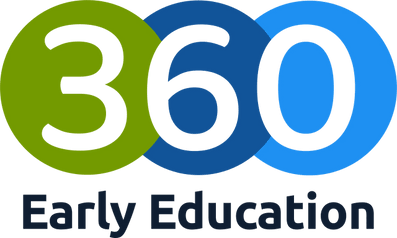
Risky Play in Early Childhood
Encountering risks are an inevitable part of the human experience. This is especially true for children who naturally love to chase thrills and take on challenges that test their abilities. When young children pursue any activity that involves a level of uncertainty and potential hurt, they are engaging in ‘risky play’. At 360 Early Education, we recognise that risky play
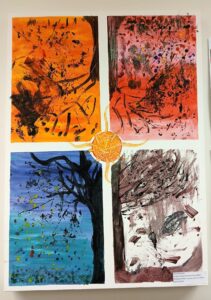
360 Early Education Art Trail
At 360 North Ryde, we have a vibrant Creative Arts Program for all ages which culminates in an Annual Art Exhibition. Our families trail throughout the service to celebrate their children’s interests and creative expressions. This year, our theme was inspired by native flora and fauna, and the rich Indigenous heritage that our children discovered on their Beyond the Classroom
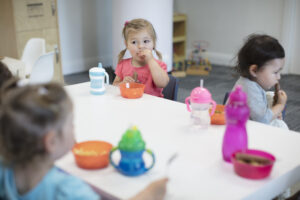
Nurturing Independence in the Early Years
It’s never too early to start teaching independence and self-help skills to children; especially as you notice them showing more signs of wanting to help – what better way to learn these crucial life skills than by joining in?! Children have so much to learn about the world around them; and they’re inquisitive, curious and eager to partake, and why
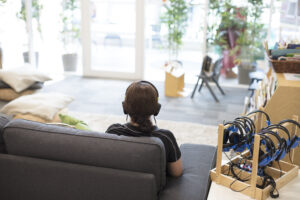
Early Emotion Coaching and Neuroscience
Emotion Coaching is one of 360’s core programs. Through mindfulness, children learn to reflect on what they are experiencing without judgement; they learn to simply notice. Through Emotion Coaching, we support children as they notice, and then name and process, what’s going on with their body and minds when they experience big emotions. At home, you might start to see

The Importance of Dads Playing Rough!
Let’s bust a couple of myths about dads! Only mums can bond with babies. MYTH! Dads don’t make a difference. MYTH! A dad’s main job is to make money. MYTH! Let’s face it – fatherhood is so much more! Fathers are assuming many roles in contemporary society, including: A responsible & remembering father e.g homework, doctors’ appointments, sports days A nurturing &
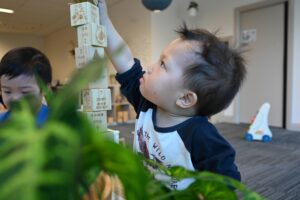
Mathematics in the Early Years
As children explore in play, encountering patterns, working with and manipulating the natural world and solving problems, they apply mathematics concepts naturally. Children are born mathematicians! When they push and pull toys, stack blocks and fill and empty cups in water troughs and the sandpit, set tables, wait their turn and evaluate the ‘fair’ distribution of toys, resources and time, when they draw, compare, count and measure, whether formally or
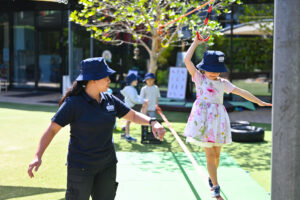
Promoting Physical Activity and Fundamental Movement Skills in Children
Fundamental movement skills are the building blocks of physical movement. They involve a specific set of gross motor movements that involve different body parts such as the feet, legs, trunk, hands, arms and head, and are essential for children’s participation in sport and physical activity throughout their lifespan. Children may not master the fundamental movement skills until they reach school age,

How can families encourage cultural learning?
Cultural learning in children is of paramount importance, as highlighted by the Early Years Learning Framework (EYLF). During this critical developmental period, young children are highly receptive to their environment and absorb cultural cues, norms, and values from their families, educators, and communities. Exposure to diverse cultures fosters a sense of belonging, respect, and empathy towards others. Families play a
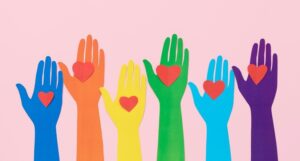
Diversity in Early Childhood Education
As a sector that represents and supports all families, we are constantly called upon to advocate for equity. With Harmony Day on 21 March, we reflected upon diversity within our organisation, which is traditionally almost exclusively female. I would like to take this opportunity to explain how my views intersects with our service philosophy and my requirements under Australian Law
